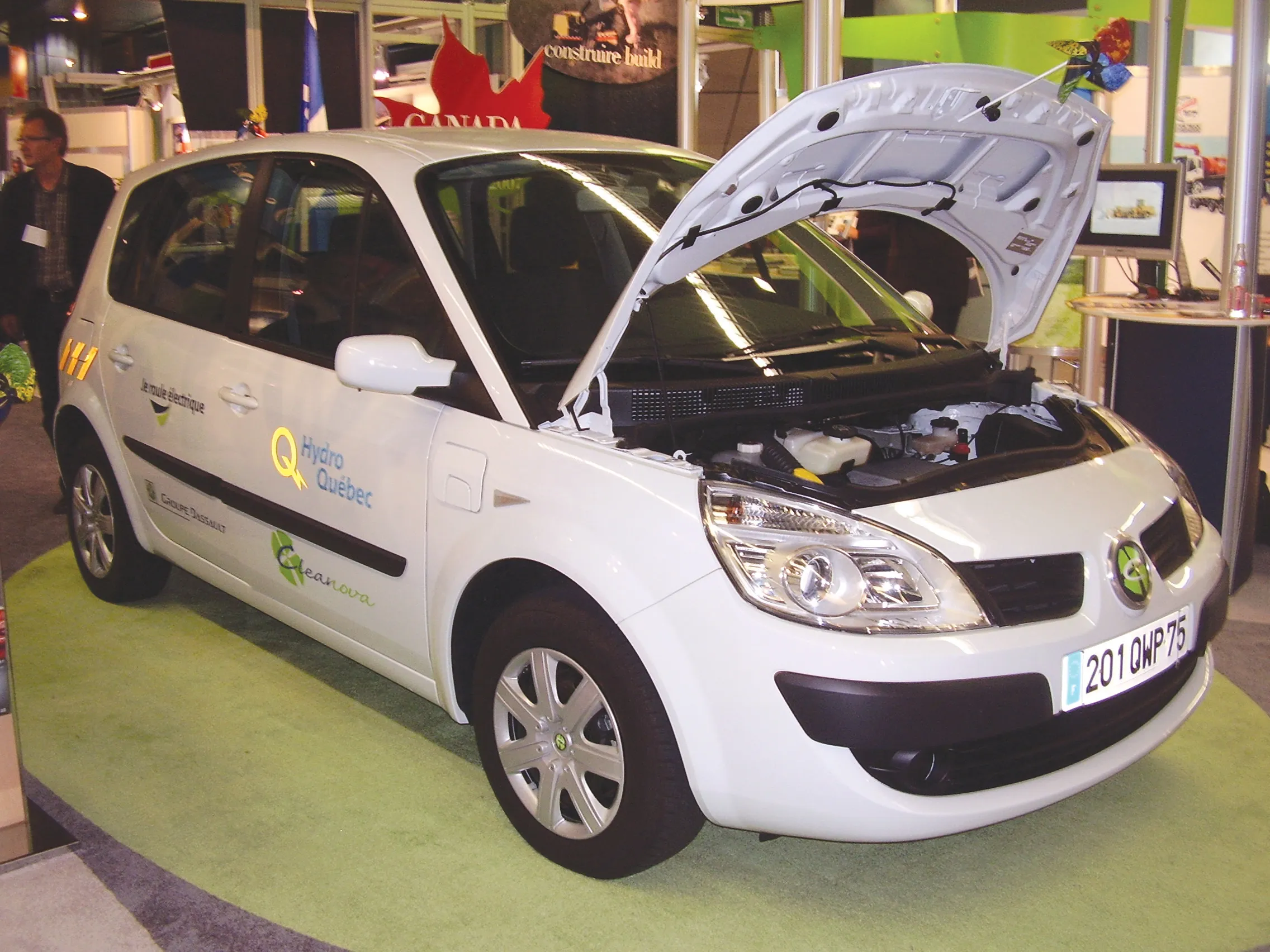The recent news that Volvo will stop manufacturing cars powered purely by internal combustion engines and build only electric vehicles or hybrids by 2019 is the most significant announcement in the automotive sector for some years. The market for electric vehicles (EVs) has been growing over time, aided by improvements in battery technology that have boosted range and performance. Nissan Renault and Tesla have made particular gains, the former by developing sophisticated EVs that sit alongside its conventional cars, and the latter by developing a credible, high-quality and high-performance product range. Other firms are also working on EVs and VW, seeking to close the lid on the diesel emissions scandal and re-establish itself as a premium brand with green credentials, will soon offer electric versions of its popular Golf and Audi models.
But Volvo’s move, to halt production of cars powered only by an internal combustion engine, is a bolder step. Although seen as a slightly quirky brand with a reputation for high safety standards, Volvo is still a major name in the automobile market. Volvo is not as big a brand as say, Ford or Toyota, but make no mistake, this move to all-electric cars is the shape of things to come.
The decision to switch production to EVs/Hybrids is perfectly understandable. Volvo was bought by Chinese firm Geely in 2010 and this has been a significant factor in the development of its coming EV offering as well as the hybrid range. The Chinese Government is keen to encourage its automotive sector to develop and introduce EVs, with the need to reduce pollution in its major cities having been set as a priority. Switching to EVs will play a big part in tackling China’s urban air pollution problem. As fuel prices are high in China, this will help to tempt customers, further aided by Government-backed subsidies for buyers of new EVs. Once Geely and other Chinese firms have comprehensive ranges of EVs, it seems likely that the use of vehicles with internal combustion engines will be strictly controlled or even banned for private use.
With high fuel prices in Europe and India, as well as concern in both areas over urban pollution, these other markets will also benefit from the faster development of credible EV products. The US has low fuel prices and longer average distance journeys and will not see a fast take-up of EVs, except perhaps in California, where urban congestion and pollution have long been recognised as serious problems requiring attention.
Volvo cars are no electric dream
The recent news that Volvo will stop manufacturing cars powered purely by internal combustion engines and build only electric vehicles or hybrids by 2019 is the most significant announcement in the automotive sector for some years. The market for electric vehicles (EVs) has been growing over time, aided by improvements in battery technology that have boosted range and performance. Nissan Renault and Tesla have made particular gains, the former by developing sophisticated EVs that sit alongside its
December 13, 2017
Read time: 3 mins






